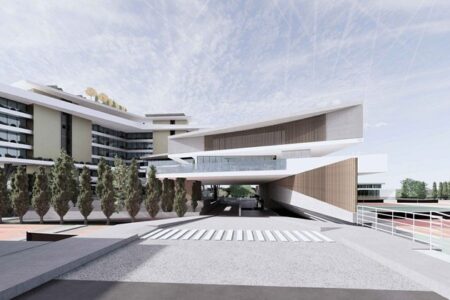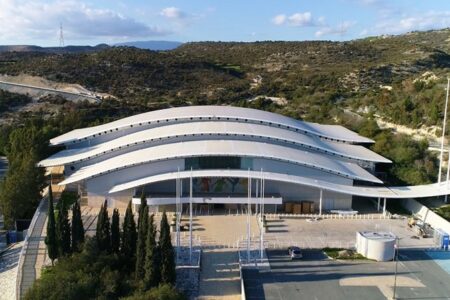14.02.2022
The rights of owners of premises in common property buildings, when it comes to redevelopment, are governed primarily by Section 38D of the Real Estate Law, Chapter 224, and constitute property rights and, as such, are subject to private law.
Section 38D provides that the owner may make changes, additions or repairs to his apartment, provided that:
• they do not in any way affect the rights of the owner of any other apartment and do not affect the use of it by its owner;
• they do not affect the common property, its normal functioning or use;
• They do not affect the common property load-bearing walls or any part of the building frame, do not endanger safety, or change the appearance of the building.
When an owner wishes to make changes, the application for the necessary town planning or building permit is submitted by the owner and is not required to be signed by the management committee or owners of other units. In the event of internal changes to the premises, the owner of the other premises has no legitimate interest in filing a claim against the decision of the relevant authority, unless he proves that his premises or building in common ownership is damaged. By the decision of the administrative court of December 21, the court considered the complaint of the owner of the apartment against the decision of the municipality to issue a town planning permit and a building permit to the owner of a neighboring apartment.Permission to redevelop the two-story apartment was issued at the suggestion of the technical department of the municipality.
The municipality defended the legitimacy of its decision, emphasizing that the disputed permit application was not for a change in use, but for changes to the premises, with no adverse effects on the neighboring or common building identified. In addition, he emphasized that the case fell within the provisions of the Law on Administrative Legal Acts 451/2014, when an application is submitted directly for the issuance of a building permit and the applicant tried to interfere with the right of use and disposal of his neighbor and his property.
As regards the issue of the applicant’s lack of legitimate interest, the court stated that case law recognized that a town planning permit could be challenged if it affected the applicant’s neighbour’s property. The complainant must clearly state in their application that harm exists or is expected and describe it. In the present case, as the court pointed out, it was not disputed that the applicant owned an apartment in a building that was in common ownership. However, joint ownership or proximity are not sufficient grounds for establishing a legitimate interest. The Claimant did not provide any evidence of adverse effects in excess of the theoretical damage. The allegations were neither credible nor indicative of any adverse consequences.Consequently, the court held that the applicant had no legitimate interest, stating that, according to case law, administrative decisions determining citizens’ property rights belonged to the realm of private law. If the decision indirectly affects the rights of the public, its nature remains unchanged, since its main purpose is to determine the rights of private law and, therefore, the court rejected the appeal as inadmissible.
George Coucunis is a lawyer practicing in Larnaca and founder of George Coucounis LLC, Advocates & Legal Consultants
















